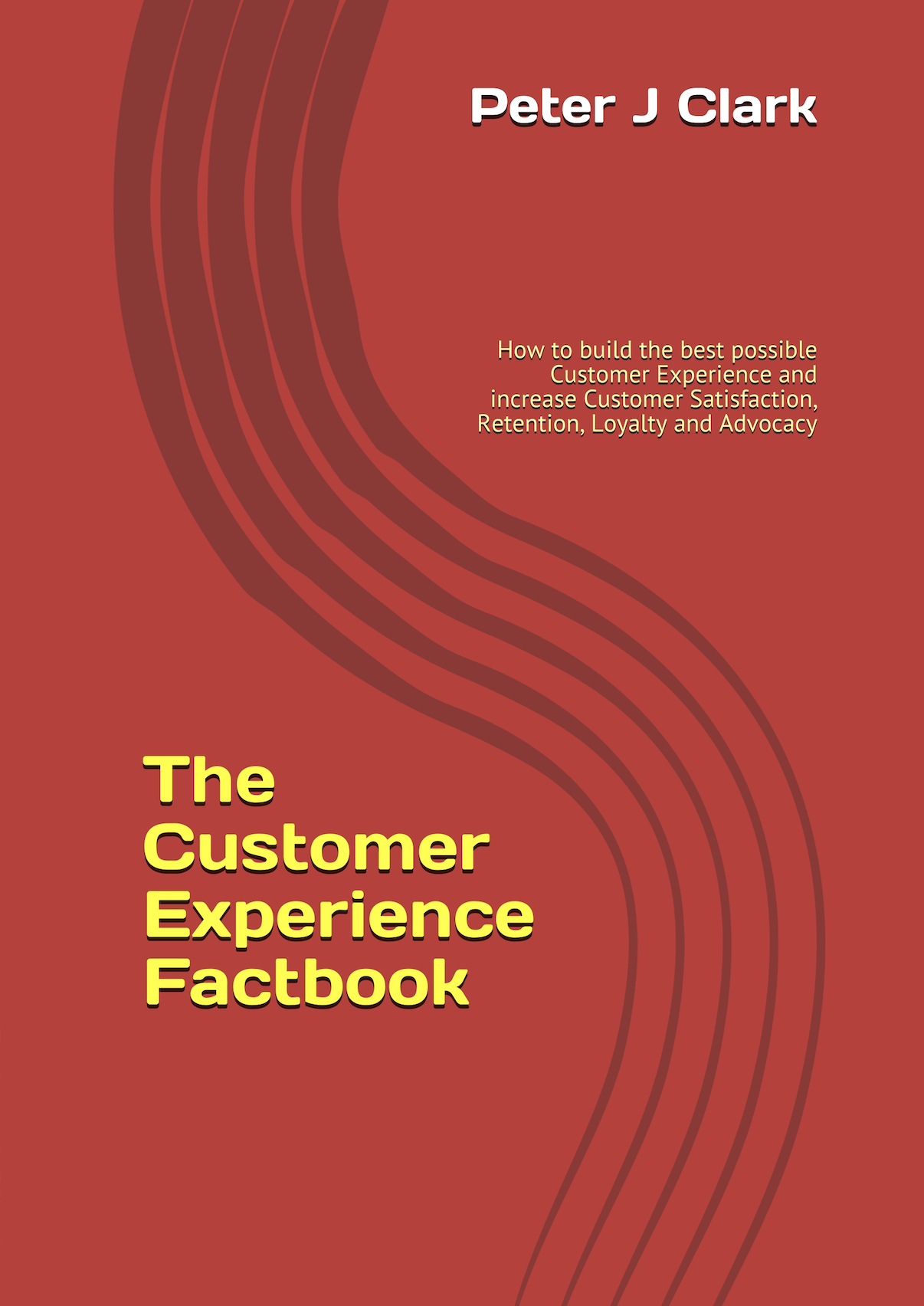Marketing has to change to keep up with customers
Find the balance between tech and the 'human touch'
Rapid changes in customers' attitudes and expectations are challenging marketers like never before. Finding the right balance between the efficiency of technology and personal connection through human interaction has become even more challenging for marketers. At the same time, it also presents major opportunities, according to research from The Conference Board.
The report, entitled 'Customers Are Changing, and So Should Marketing', was based on a survey of senior marketing and communications executives at 84 leading firms across North America, Europe and Asia, and highlighted their views on how a variety of customer preferences and behaviors as well as marketing may evolve.
While half of respondents expect customers to use more voice communications to interact with companies, more than a third expect customers' cravings for human interaction to increase. Specialist skills - including data analytics, AI and digital media - are the most sought-after skills in future marketing hires. However, "left brain/right brain" thinking and creative skills, which marketers prioritize least, shouldn't be underestimated. Such skills will be important in designing competitive strategies and customer-friendly processes and interfaces. They complement marketing teams' digital expertise and are certainly crucial for managing the COVID-19 crisis and recovery.
Addressing Declining Brand Loyalty
Nearly 40% of marketing executives expect brand loyalty to drop. While 60% of marketing leaders expect increased customer attention to companies' values, about half see rising cynicism about brand promises. Staying true to brand values has never been more critical. "The importance of authenticity has grown even more during the pandemic," says Dahlhoff. "In a crisis like this, people expect companies more than ever to do the right thing. But words and actions have to fit a brand's DNA and they need to be meaningful." Being authentic helps to foster customer loyalty by building trust. In addition, unique offerings, innovation, and close customer relationships can support loyalty objectives.
Involving Customers in the Innovation Process
Customers' expectation for frequent new or enhanced products/services will grow, according to more than three-quarters of marketing executives. Almost two-thirds think customers' openness to experimental approaches to new products and processes, and their interest in providing input for new products, will increase. "Involving customers in product development processes that are typically behind the scenes isn't only valuable to better meet customer needs but also creates unique customer experiences. This type of customer engagement, along with an experimental innovation culture, can enhance a brand's perceived authenticity and appeal," says Dahlhoff. To make customers' involvement most engaging, companies should keep customers updated on how their input is being used. There is also potential for companies to leverage digital capabilities more in the innovation process, including mobile ethnography, AR/VR, and social media, to inspire ideas for innovation and gauge their potential success.
In addition to other insights, the research found that two-thirds of marketers expect customers to want more control of their data. Forty percent expect customers' willingness to trade personalization for privacy will increase. Companies should be transparent about their data practices and offer data-based benefits that customers value.
Moreover, for almost three-quarters of senior marketers, a variety of channel options (omni-channel, self-service) is a way to serve customers in the future. Convenient channels will only increase in importance for customers, more so after the COVID-19 crisis. Offering a choice of communications and distribution channels can address this need.
"The pandemic has inspired much more digital interaction with companies at all stages of the customer journey. While people may appreciate technology even more now, human touch points are still essential. They complement tech efficiency and convenience and help maximize the customer experience," says Denise Dahlhoff, Senior Researcher at The Conference Board.
Sources: The Conference Board / The Marketing Factbook.
Copyright © 2020 - 2025 The Marketing Factbook.
Categorised as:
- Customer Experience
- Customer Loyalty
- Knowing The Customer
- Marketing Know-How
- Marketing Technology
